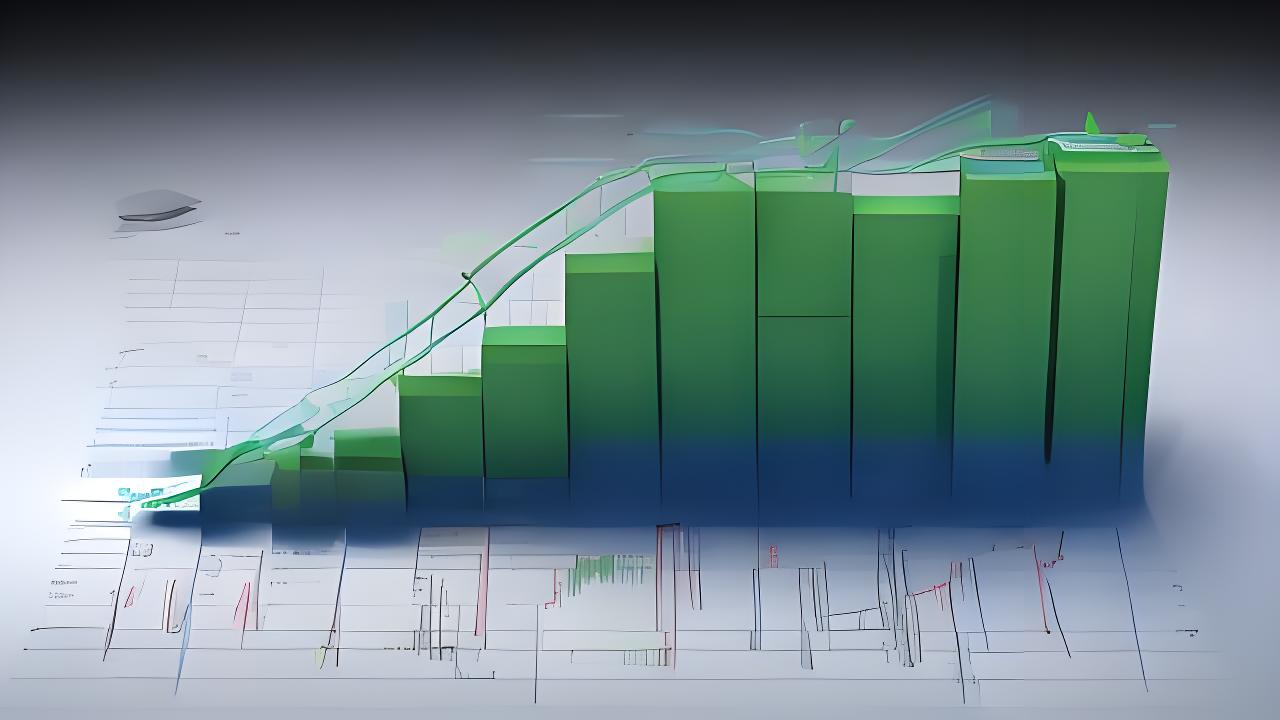Tai chi stock form is like a delicate dance in the stock market, combining the tranquility of tai chi with the dynamism of trading. It involves subtle strategies and a deep understanding of market trends. Let's delve into how it works.
Understanding the Concept
Tai chi stock form isn't just about blindly following market waves. It requires a calm mindset Tai Chi Courses Online , much like a tai chi master in the art form's slow – paced movements. Understanding the balance between bullish and bearish moments in the market is cruel. Just as in tai chi where we find stability in transitions,in stocks tai chi stock form ,we look for steady growth amidst volatile.
Reading Market Signals

The stock market is full of signals Tai Chi Online , similar to the flow of energy in tai chi. Recognizing whether a company's fundamentals are strong or weak is key. Technical analysis, like candlestick patterns, can give insights. Just as a tai chi student learns to read the opponent's moves, a stock investor needs to decipher these market clues to make informed decisions.
Timing Your Moves
In tai chi, timing is everything, and the same applies to stocks. Buying at the right time can maximize profits, while selling at the opportunity moment can prevent losses. It's about gauging market sentiment and not being sweeped by short – term fluctuations. Sometimes, waiting patiently for the right move, just like in a tai chi stand, can yield the best results.
Risk Management

Tai chi teaches us to be aware of our surroundings. In stocks, this translates to managing risks. Diversifying your portfolio, much like having a range of tai chi stands, can protect you from a single stock's poor performance. Setting stop – loss limits is also essential, ensuring you don't lose more than you can bear.
Long – Term Vision
A tai chi practicer thinks about long – term progress. In the stock market, this means having a long – term investment strategy. Don't be distracted by short – term market noise. Instead, focus on the long – term growth potential of the companies you've invested in, just as a tai chi master endures to reach a higher level of skill.
What aspect of the tai chi stock form do you find most challenging? Share your thoughts, and don't forget to hit the like and share buttons if this post helped you!



